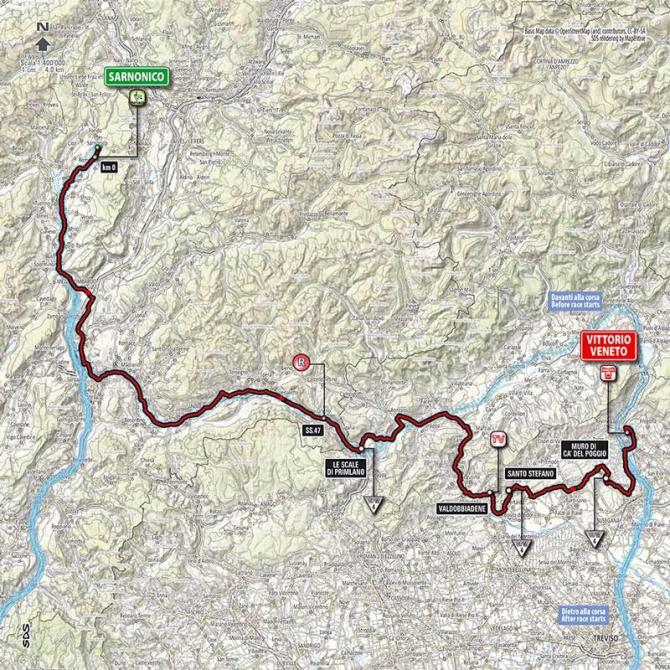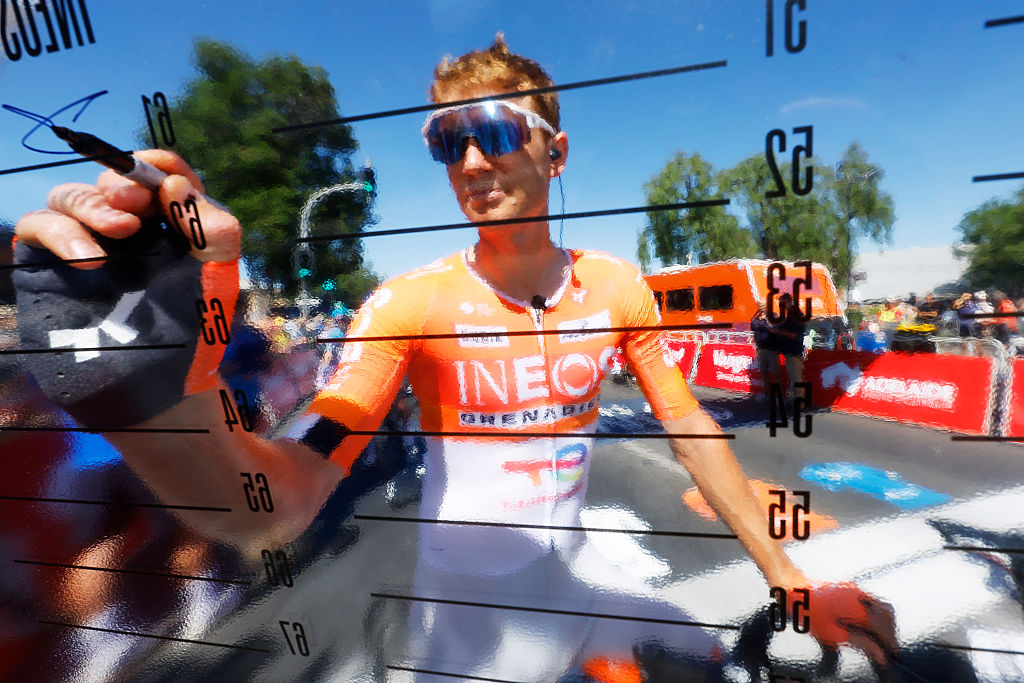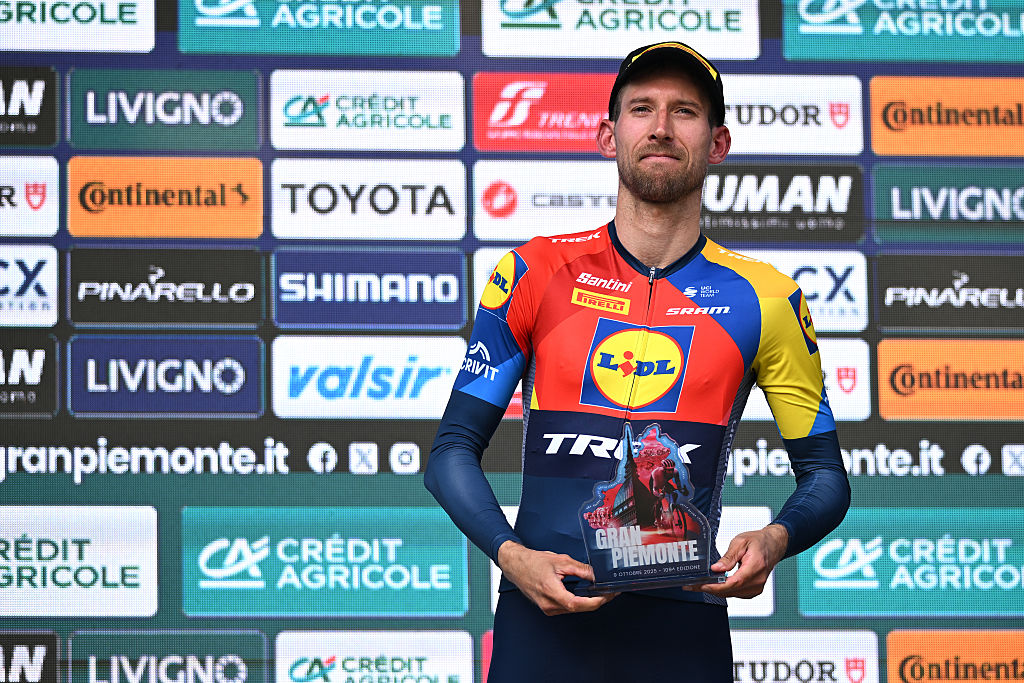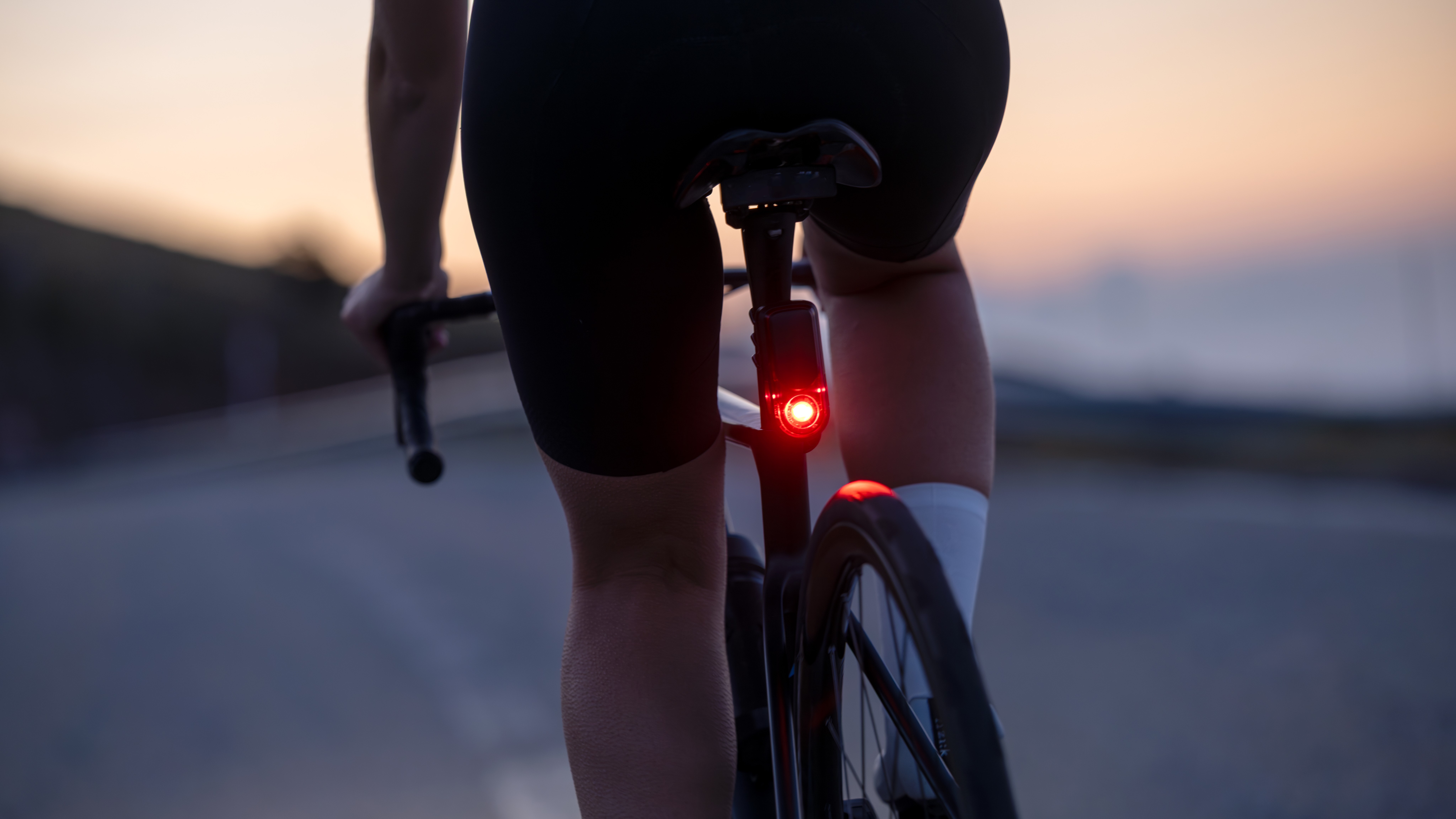2014 Giro d'Italia stage 17
May 28, 2014 - Sarnonico - Vittorio Veneto, 208 km
The latest race content, interviews, features, reviews and expert buying guides, direct to your inbox!
You are now subscribed
Your newsletter sign-up was successful
LOCAL HERO
These days the Veneto is wealthy as never before, but it wasn’t ever thus. Throughout the first half of the twentieth century it suffered massive outward migration to South America, the United States and to the big industrial cities further west.
Back then the sport of cycling, like boxing, was a way out of serfdom. The likes of Learco Guerra and Ottavio Bottecchia, the two great Venetian champions of the 1920s, were cases in point. Bottecchia won the Tour de France in 1923 and 1924, and cycling has been building myths around him ever since. Legend has it that his mum and dad named him Ottavio because he was the eighth child, and because they couldn’t think of any more names. Be that as it may, Bottecchia was too hungry to concern himself with fanciful notions of cycling as a spiritual metaphor. He and his like suffered like dogs not because they thought it "enlightening" (that’s a 21st century conceit), but because they were skint. And skint in 1920s Veneto didn’t mean the absolute horror of having to forego the latest iPhone. Skint meant having to forego your dinner.
SEE, HEAR, FEEL...
Food, it goes without saying, is a national obsession here. Every region has its trademark dishes, and everyone, everywhere, is familiar with them. Ask an Italian about Emilia-Romagna and they won’t wax lyrical about incidentals like Parma’s amazing 12th century duomo or Bologna’s great socialist traditions. What they will do, though, is give you chapter and verse about piadine, Parmigiano-Reggiano and tortellini.
And so it is with Veneto. Aside from staples like Asiago (Italy’s most popular cheese) and the asparagus for which the region is justly famous, Veneto is synonymous with big, strong, plentiful cooking. Amongst others it’s the home of polenta rossa, gnocchi al pomodoro and sardee in soar, fried sardines in an onion and vinegar marinade. All washed down with a very fine 1992 Valpolicella. To die for.
MOMENT IN TIME
When Ohio’s Andy Hampsten clinched the 1988 Giro in Vittorio Veneto, the European monopoly on the Giro was broken. The Italian media made prescient reference to the changing demographic of the peloton, and informed us that this was just the beginning.
Hampsten, they informed us, was one of the new breed. The son of two university lecturers, he had a university degree, spoke four languages and, hilariously, "didn’t confuse the painter Vermeer with a Flemish sprinter." He and second-placed Dutchman Erik Breukink, another of the bourgeoisie, had confounded the notion that only the hungry sons of illiterate farmers and factory workers made decent cyclists. They were "yuppies", and cycling, the opera of the working classes, need get used to them. And you know what? They were right…
SCINTO SAYS
By now you have maybe fifteen guys riding for the overall, a few for the points and mountains, and then the rest. So that’s 130-150 riders for whom it’s all about their powers of recovery. If they’ve survived the previous day it’s because they’re totally committed to finishing, but it doesn’t alter the fact that their bodies are screaming at them to stop.
The latest race content, interviews, features, reviews and expert buying guides, direct to your inbox!
They’ve had about eighteen hours rest and they’re starting to go into the red. Most will be hoping that the break goes straight away, because then they can relax. It will go sooner or later, but it could be an hour and a half of living hell before the elastic snaps. It’s 200 kilometres and quite bumpy, but they all know that once it goes it’s almost certain to stay away.
Latest on Cyclingnews
-
'Being more of an influential player' an aim for Jack Haig in career reboot with Ineos Grenadiers
'I'd love to go on and be part of another Grand Tour winning team,' says Australian who adds experience to squad which also counts Oscar Onley among its 2026 signings -
Bauke Mollema announces retirement at end of 2026 season after 19 years in the pro peloton
'Time flies when you're having fun' says Dutchman, who starts new season with Lidl-Trek at the Volta Valenciana -
Garmin just quietly launched its 'most powerful and precise' rearview radar and tail light ever
The latest Varia RearVue 820 is more powerful, with a bigger battery life than existing Garmin rear radar units. -
'My newly discovered passion' - Clara Koppenburg signs for Tudor as she makes the switch to gravel racing in 2026
German racer will make her debut for the Swiss squad at Spanish stage race Santa Vall on February 14





